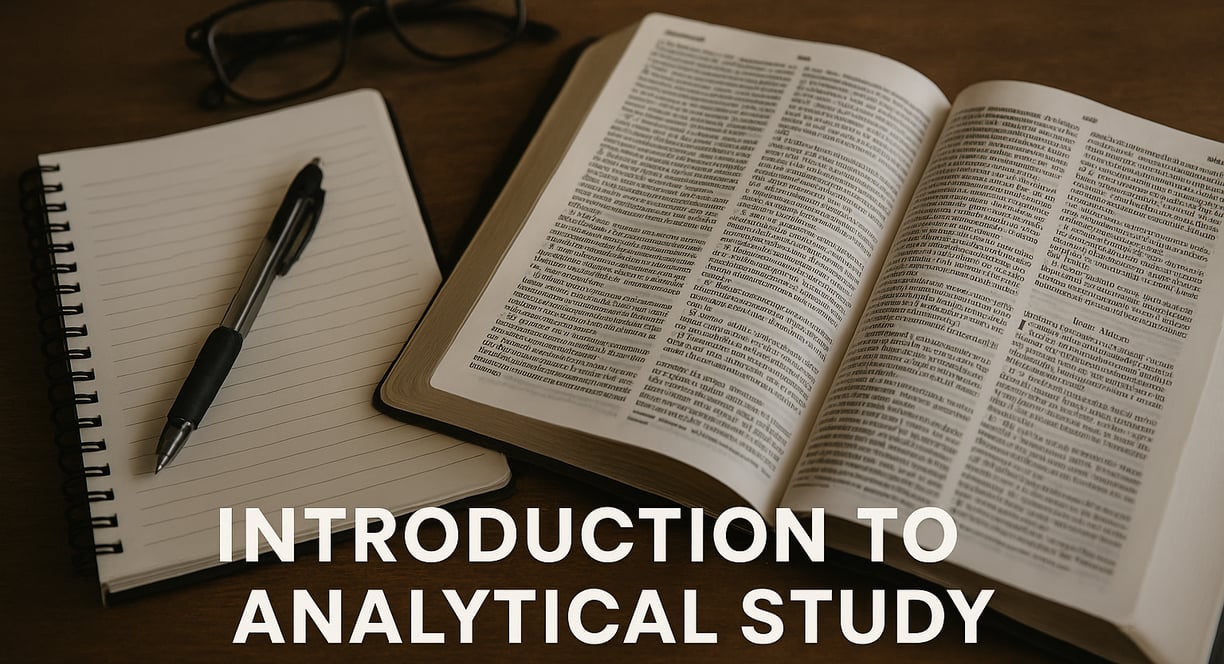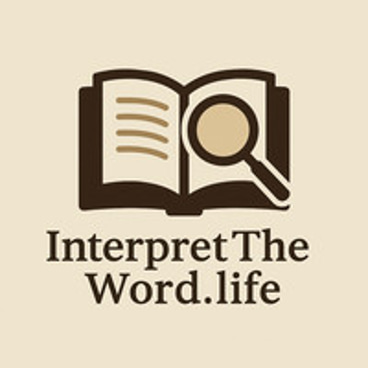
Introduction to Analytical Study
Analytical Bible study methods involve a careful, systematic approach to Scripture. These methods focus on breaking down the text into its fundamental parts—such as words, phrases, sentences, and larger sections—to understand its meaning, structure, and intent. This approach is especially valuable for those seeking deeper comprehension and more faithful application of the Bible’s teachings. By examining Scripture analytically, readers can move beyond surface-level reading to discover the richness and complexity of God’s Word.
Analytical Bible study methods are most effective when you want to gain a deeper understanding of Scripture, prepare for teaching or preaching, or engage in group discussion. These approaches promote accurate interpretation, encourage thoughtful reflection, and help readers apply biblical truths to their lives. By using analytical methods, you can move beyond casual reading to a more disciplined and rewarding engagement with God’s Word.




Inductive Bible Study
Inductive Bible study is a foundational analytical method that encourages readers to observe, interpret, and apply the text for themselves. The process begins with observation, where you carefully read the passage and note key details such as who is involved, what is happening, when and where events take place, and why they matter. Next, interpretation involves asking questions about the text, considering its historical and cultural context, and summarizing the main message. Finally, application challenges you to reflect on how the passage applies to your own life, considering any commands, promises, or lessons that emerge. This step-by-step method helps readers engage with Scripture in a meaningful and personal way.



Verse-by-Verse / Expository Study
Verse-by-verse, or expository, study is a detailed, systematic approach that examines each verse in sequence. This method focuses on understanding the author’s intent and the meaning of each passage within its broader context. Expository study is especially useful for teaching and preaching, as it allows for a thorough exploration of the text and helps ensure that interpretations are accurate and well-supported. By studying Scripture in this way, readers can gain a deeper appreciation for the structure and flow of biblical books.
